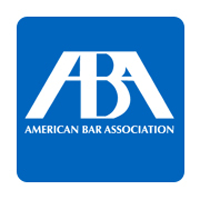ABA brief in disparaging trademarks case says denied registration doesn't eliminate all protection

The ABA has filed an amicus brief in a U.S. Supreme Court case that considers whether a federal law banning the registration of disparaging trademarks is viewpoint discrimination that violates the First Amendment.
The ABA filed the amicus brief (PDF) on Wednesday in Lee v. Tam, a case filed by an Asian-American dance rock band that wants to trademark its name, the Slants. The brief doesn’t take a position on the First Amendment claim, but seeks to clarify how denial of trademark registration affects the owner’s rights, according to an ABA press release.
The en banc U.S. Court of Appeals for the Federal Circuit struck down the ban on disparaging trademarks on First Amendment grounds in December. The ABA says the appeals court “erroneously set forth” certain principles of trademark law in its decision.
One mistake, the ABA brief says, was the appeals court’s suggestion that registration denial of an otherwise valid mark makes it ineligible for any protection under the Lanham Act or common law. According to the ABA, “the mere absence of federal registration does not unleash the mark to public use” when the mark is valid but ineligible for registration.
Second, according to the brief, the appeals court correctly stated that owners of unregistered trademarks can use them in commerce, but the court’s treatment of the issue “may improperly suggest the question is an open one: It is not.”
Third, the brief says, the court of appeals properly said that owners of nonregistered trademarks are disadvantaged in litigation to protect the marks, but the court “understated those disadvantages in certain respects.”



